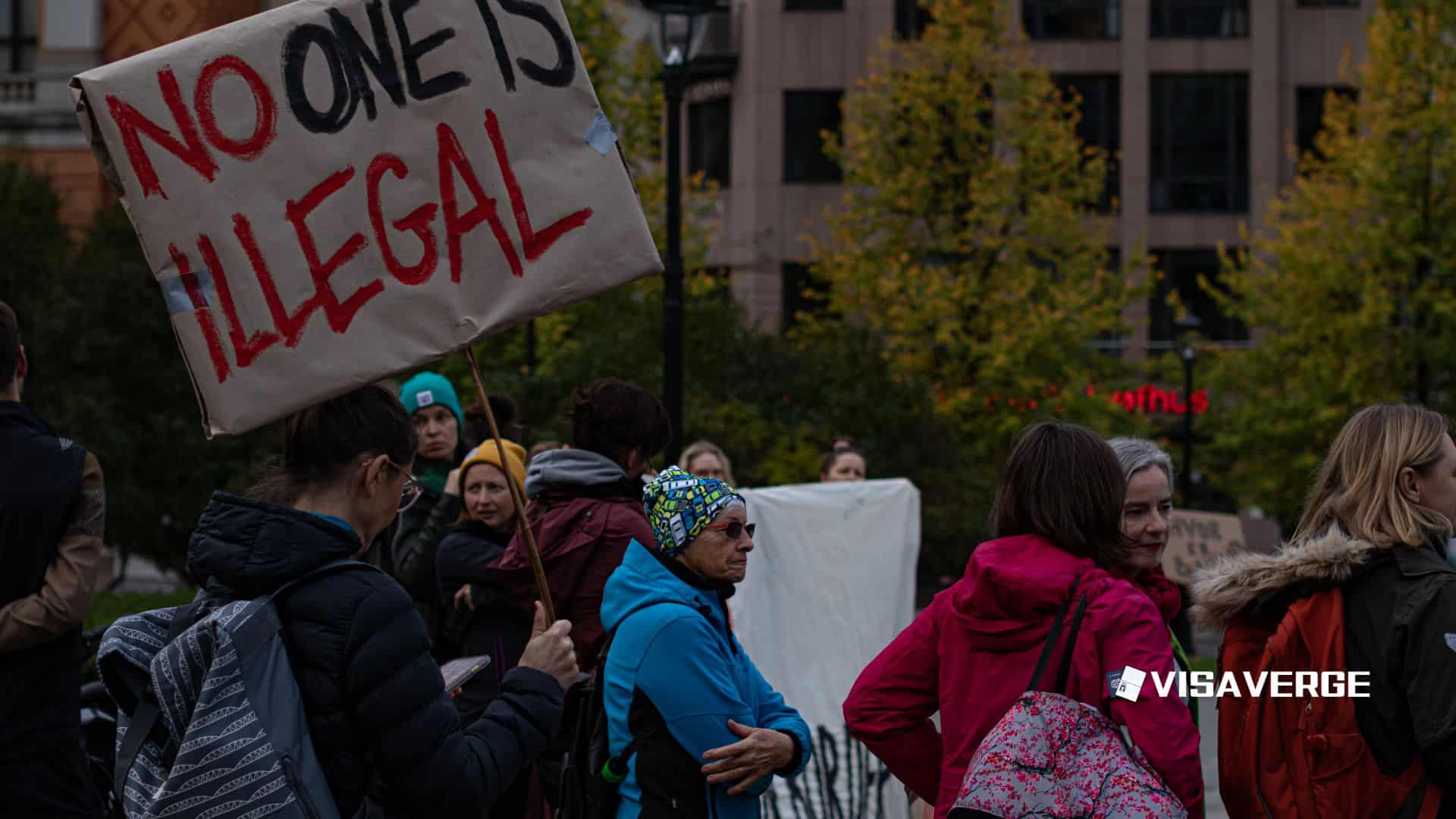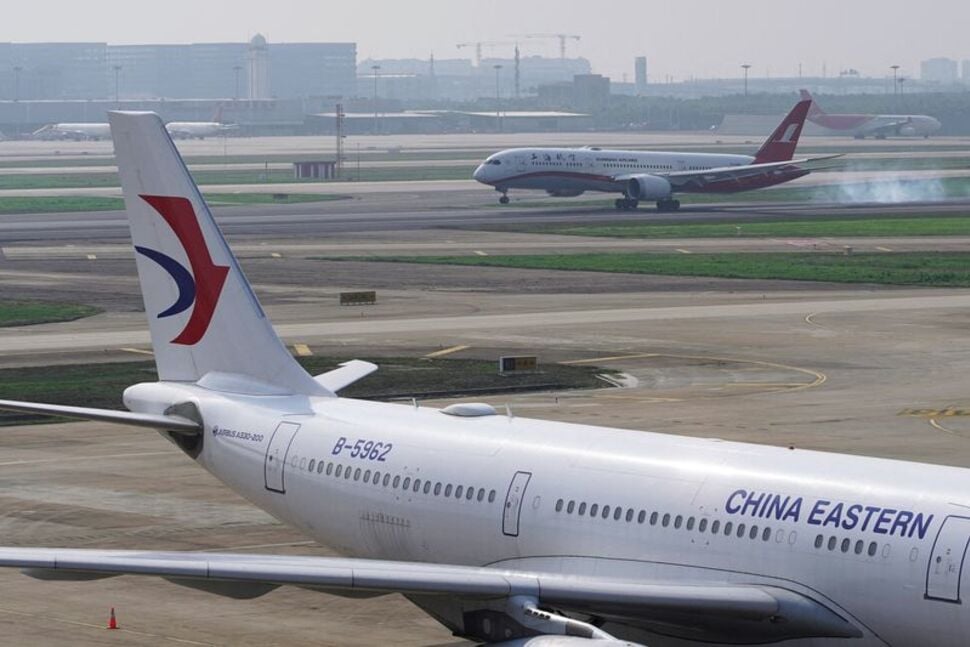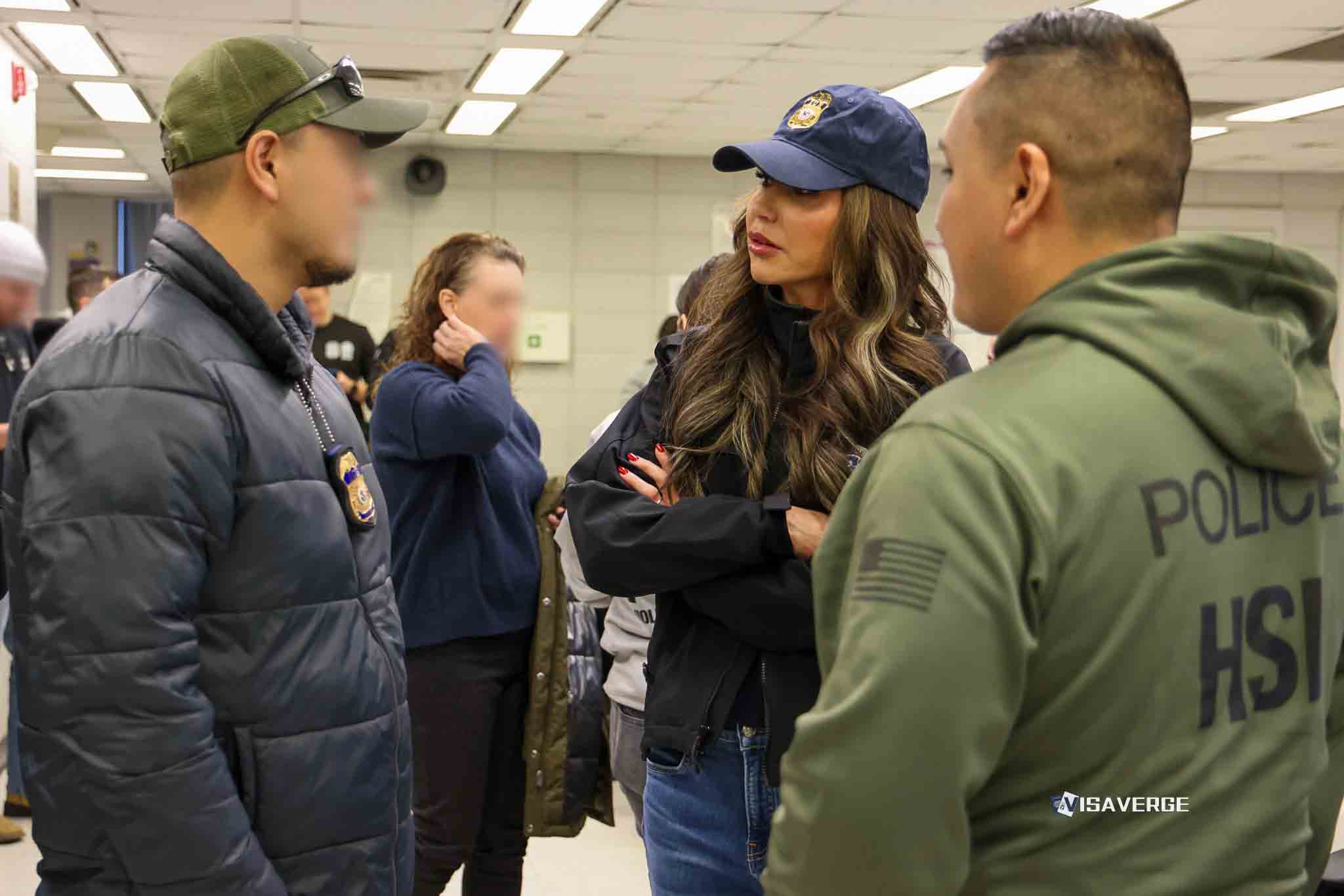Key Takeaways
• Nicaragua passed a May 16, 2025 amendment revoking citizenship from nationals who acquire another nationality.
• Dual citizens will lose voting, property, and political rights—and be treated as foreign visitors when entering Nicaragua.
• The measure affects thousands, especially exiles, migrants, and their children; ratification may occur as early as 2026.
Thousands More Nicaraguans Face Loss of Citizenship After Sweeping Constitutional Amendment
A recent decision by the Nicaragua 🇳🇮 government has put thousands of Nicaraguans at risk of losing their citizenship. On May 16, 2025, the National Assembly, which is controlled by President Daniel Ortega and Vice President Rosario Murillo, passed a constitutional amendment targeting people with dual citizenship. This move marks a sharp change in Nicaragua’s approach to nationality and has raised fears among citizens both inside and outside the country.

What Changed with the Constitutional Amendment?
The National Assembly’s vote to approve the constitutional amendment brought sudden and sweeping changes. The amendment makes several important updates to Nicaragua’s rules around citizenship:
- Anyone born in Nicaragua 🇳🇮 will lose their Nicaraguan citizenship if they gain citizenship in another country.
- If someone with dual citizenship travels back to Nicaragua 🇳🇮, they will be treated as a foreign visitor, not as a citizen.
- Dual citizens lose their main civil rights as Nicaraguans, which means they can’t run for office, vote, or own certain property in their home country.
– Foreigners who want to become Nicaraguan citizens must now give up their previous nationality—unless they are from another Central American country.
These are major changes that could affect thousands of people. The changes update Articles 23 and 25 of Nicaragua’s constitution, which sets the rules on who is considered a citizen of Nicaragua 🇳🇮 and the rights and duties that come with citizenship.
The National Assembly passed this amendment without open discussion or input from the public. The process was very quick, with a special session held in the town of Niquinohomo. Normally, such amendments require ratification in another legislative session—expected in 2026—before they become final. However, the government has not made it clear whether officials will wait until 2026 to start removing people’s citizenship, or if they will start earlier.
Why Is This Move Important?
Nicaragua 🇳🇮 had already taken steps to revoke the citizenship of political opponents before this amendment. Now, the government has gone further by making it automatic: simply obtaining a second citizenship in another country can make a person lose their Nicaraguan citizenship. This change could impact not just political opponents but thousands of Nicaraguans living abroad or those with ties to other countries.
Many rights groups see this as a serious attack on human rights. In other countries, it’s common to allow dual citizenship, since people may have family, work, or close ties to more than one country. But the government in Nicaragua 🇳🇮 argues this is about loyalty. President Ortega’s team says that “there cannot be dual fidelity,” meaning that in their view, it’s not possible to be truly loyal to two countries at once.
The government claims that taking another country’s citizenship breaks the “legal and moral bond” with Nicaragua 🇳🇮. But human rights groups and many others disagree. They point out that for thousands of people, losing citizenship can mean losing their sense of belonging, their rights, and sometimes their ability to even return home.
Who Is Affected by the Citizenship Amendment?
This amendment is expected to affect three main groups of Nicaraguans the most:
- Political Exiles: Since 2018, when protests against the government led to a harsh crackdown, many Nicaraguans have fled to countries like the United States 🇺🇸, Costa Rica 🇨🇷, and Spain 🇪🇸 to escape political persecution. Many have applied for and received citizenship in these new homes. Under the new rule, these exiles will lose their Nicaraguan citizenship as soon as they are granted citizenship elsewhere.
- Economic Migrants: Many Nicaraguans move abroad to seek better job opportunities. Those who have become citizens of their new country risk losing their nationality back home.
-
Nicaraguans in the United States 🇺🇸: According to the Tico Times, many Nicaraguans now hold U.S. citizenship. If they kept their Nicaraguan citizenship as well, they now stand to lose it.
Analysis from VisaVerge.com suggests that this amendment may cause big problems for families who rely on ties in more than one country. Children born abroad to Nicaraguan parents could face uncertainty over their own status.
The Amendment’s Impact on Civil Rights
Citizenship isn’t just a piece of paper—it brings important rights. Under the new constitutional amendment, Nicaraguans who hold a second citizenship will be:
- Blocked from holding public office.
- Unable to vote in Nicaraguan elections.
- Prevented from owning land in Nicaragua 🇳🇮 (based on related property laws).
- Treated as foreigners if they visit or return.
As a result, affected people could lose their ability to return home or pass citizenship rights to their children.
Past Citizenship Revocations: A Troubling Pattern
This latest change follows earlier moves by the Ortega-Murillo administration. Beginning in early 2023, the government:
- Stripped more than 450 political opponents of their Nicaraguan nationality.
- Sent prisoners to the United States 🇺🇸 and later to Guatemala 🇬🇹, removing their status as Nicaraguans and making them stateless.
- Started blocking Nicaraguans living abroad from returning home, even if they had not committed a crime.
In February 2023, the government faced harsh criticism after forcing people out of the country and stripping them of their nationality. Legal experts said this broke international law because countries are supposed to protect against making anyone “stateless”—meaning without any country to call home.
The Human Cost: Stories of Statelessness and Trauma
As the new rule spreads to thousands more people, many worry about the personal cost. Being left without citizenship has deep and lasting effects. Dora Maria Tellez, a former Nicaraguan health minister and once a leader in the Sandinista revolution, said the amendment is “unconstitutional” and “markedly repressive.” She warned that the rule hurts thousands of Nicaraguans both at home and abroad, including former government supporters.
Karina Ambartsoumian-Clough, who leads a group called United Stateless, explained the feeling of being cut off from one’s country: “Statelessness is torture. You just legally cease to exist, even if you’re here physically as a human.” For those affected, loss of citizenship means:
- Trouble accessing work, education, and healthcare.
- Fear of deportation or being stuck with no documents.
- Deep stress, trauma, and uncertainty for families.
Some Nicaraguans who had their citizenship stripped have said they can’t get passports, register births or marriages, or buy property. In some cases, people with children outside Nicaragua 🇳🇮 may not be able to pass on their Nicaraguan identity or keep their family united.
Legal and Political Fears
International organizations, including the United Nations, have raised alarms about this pattern. After protests in 2018, more than 300 people were killed by security forces according to UN reports. Afterward, the government made other changes to the constitution, giving even more power to President Ortega and Vice President Murillo over the courts, elections, and legislature.
Some legal groups say this constitutional amendment goes against other parts of Nicaragua’s constitution and international law. Normally, citizenship is considered a basic right, and taking it away is seen as a last resort. Here, it is being used as a political tool.
Concerns for Families and Future Generations
The amendment also creates confusion and fear for the next generation. If a Nicaraguan parent loses their citizenship because they gained a foreign passport, what happens to children who were born outside the country? Do they lose their connection to Nicaragua 🇳🇮? There is no clear answer yet.
Some families are worried that their children will have trouble getting documents, going to school, or being recognized as Nicaraguan in any way. This could lead to children growing up as stateless, with neither Nicaraguan citizenship nor strong status in their country of birth.
How This Fits into Larger Global Trends
Nicaragua 🇳🇮 is not the only country to rethink rules about dual citizenship, but most countries move to make it easier—especially in a world where more people move for work, safety, or family reasons. Instead, Nicaragua’s change stands out for being especially harsh and for targeting groups that may already be vulnerable.
Across Latin America, most countries allow dual citizenship. Nicaragua’s new rule makes it the exception and sets it apart from its neighbors. This can also make travel, trade, and family ties more complicated for people with roots in more than one country.
What’s Next for Affected Nicaraguans?
For now, the amendment needs formal ratification in another session, set for 2026. Many legal experts believe, however, that enforcement could start before then. The government has not offered clear rules on how and when citizenship removal will happen, leaving thousands in limbo.
Several rights organizations say they will push for international pressure to stop the enforcement of the amendment. They argue that stripping people of citizenship for political reasons or family ties goes against basic human rights. The government, meanwhile, has not responded to requests from international bodies to explain the change.
If you are a Nicaraguan living abroad or have dual citizenship, it is important to watch for government announcements and stay informed about your status. You may want to consult the latest updates on the official Nicaraguan government website or check with a qualified immigration lawyer for advice about your individual case.
Calls for International Action
Global groups like the United Nations have called on Nicaragua 🇳🇮 to respect the rights of its citizens and to stop actions that can leave people stateless. Human rights groups stress that citizenship is a birthright that should seldom be taken away.
Because Nicaragua 🇳🇮 is part of several international agreements, there are calls for outside governments to raise the issue diplomatically. Neighboring countries and the international community worry that the move will lead to more hardship and division among Nicaraguans.
Conclusion: Far-Reaching Implications for Nicaraguans Everywhere
In summary, the new constitutional amendment in Nicaragua 🇳🇮 represents a sharp turn in how the country treats its own people. With the prospect of thousands losing their citizenship—often for nothing more than moving abroad or securing a future for their families—the sense of uncertainty is high.
By making dual citizenship almost impossible, Nicaragua’s leaders are closing doors for many—not just political opponents, but also workers, families, and children who have called more than one place home. The amendment also stands out for how suddenly it was adopted and how few voices outside the government were allowed to speak.
Nicaraguans around the world now face tough choices: give up a second passport, risk becoming stateless, or try to find a way forward in a world where their legal status and personal identity are suddenly in question. The full impact of these changes remains to be seen, but what is clear is that the government’s new approach to citizenship will shape the future of thousands—at home and abroad—for years to come.
For the latest news, legal updates, and analysis on Nicaraguan citizenship and immigration policies, trusted resources such as VisaVerge.com continue to provide crucial information for those affected.
Learn Today
Constitutional Amendment → A formal change or addition to a country’s constitution, altering fundamental laws and the rights of citizens.
Dual Citizenship → The legal status of being a citizen of two countries simultaneously, each granting certain rights and obligations.
Statelessness → Condition where a person is not considered a citizen by any country, resulting in loss of basic rights and protections.
Political Exile → A person forced to leave their home country for political reasons, often seeking asylum and new citizenship abroad.
Ratification → Official confirmation by a legislative body needed for a law, amendment, or treaty to take full legal effect.
This Article in a Nutshell
Nicaragua’s drastic constitutional amendment removes citizenship from those obtaining another nationality, threatening thousands. Dual nationals lose voting and property rights, sparking fears of statelessness and family separation. The law reflects growing political repression, with critics urging international intervention to protect vulnerable Nicaraguans at home and abroad. Outcomes remain uncertain.
— By VisaVerge.com
Read more:
• Study warns ending birthright citizenship may raise unauthorized population
• Nicaragua bans dual citizenship with sweeping constitutional reform
• Immigration, Refugees and Citizenship Canada reports slower processing times
• Who is Impacted by Trump’s Executive Order on Birthright Citizenship?
• Malta citizenship-by-investment scheme ends after European Court ruling













